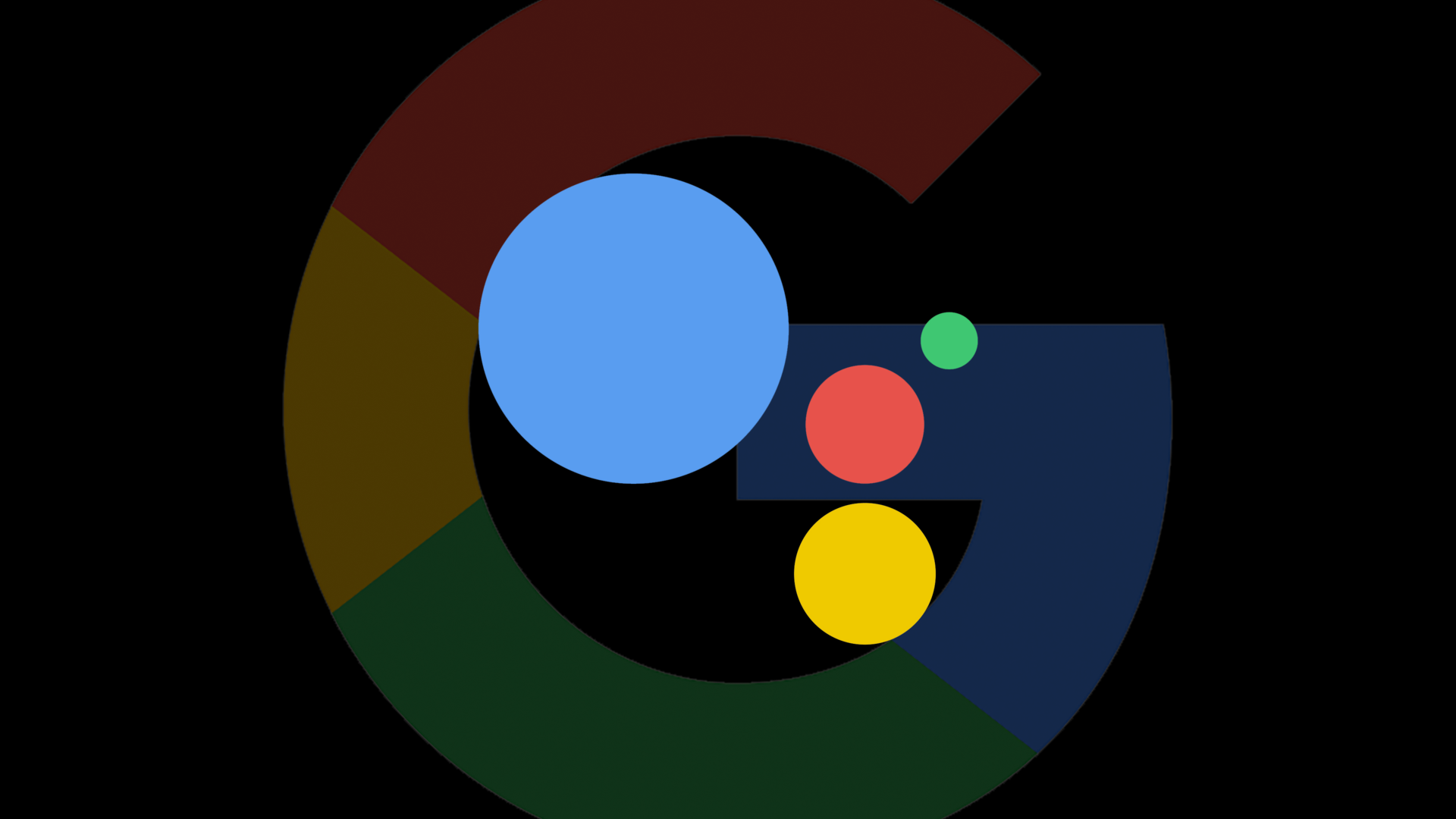
Earlier today, at German consumer electronics and appliances show IFA (Internationale Funkausstellung) in Berlin, Google announced that the Google Assistant will be coming to new smart speakers and home appliances. With the move Google is more aggressively competing with Amazon’s Alexa and Microsoft’s Cortana for third party hardware and software integration.
The company said that a range of new speakers will get the Assistant:
- Zolo Mojo by Anker
- TicHome Mini by Mobvoi
- GA10 by Panasonic
These devices will be able to deliver the capabilities and functionality of Google Home and will be available in the US and Canada, Australia, Germany and France. On a smaller scale (right now), this is analogous to Google’s Android OS strategy, with the Assistant powering third-party hardware. Alexa and Cortana are also pursuing a similar strategy.
Perhaps more interesting than the extension of the Google Assistant to more smart speakers is its integration with a range of home appliances. This is what I had originally envisioned for Samsung when it announced the acquisition of Viv (founded by the former CEO of Siri).
In its blog post, Google announced South Korean manufacturer LG as its first major appliances partner:
Participating appliances will be controllable from the Google Assistant and any Assistant-enabled device (e.g., third-party speakers). It doesn’t appear, from the material I’ve seen, that the Assistant will be directly integrated into the appliance (e.g., the dishwasher). In other words, you talk to Google Home or your smartphone or an equivalent device, rather than directly to the dishwasher. However, that could quickly change.
Google also said in its post that there are “more than 70 home automation manufacturers” (e.g., Honeywell) currently compatible with Google Assistant. And the company indicated in an email that more brands will be announced over the course of the week at IFA.
There are several noteworthy things here:
- Integration of Google Assistant into third-party hardware, which will quickly expand both in terms of partners and device categories
- The corresponding acceleration of the “smart home”
- Intensifying competition in the virtual assistant space — effectively a land grab — with Google and Amazon as market leaders
- The coming need for manufacturers to integrate with virtual assistants, and probably all the majors
We’re going to have to wait to see how well and smoothly these appliances work with Google Assistant. Simplicity and usability will be key to adoption and success. But make no mistake; we are now living in an episode of “The Jetsons.”
Contributing authors are invited to create content for Search Engine Land and are chosen for their expertise and contribution to the search community. Our contributors work under the oversight of the editorial staff and contributions are checked for quality and relevance to our readers. The opinions they express are their own.



